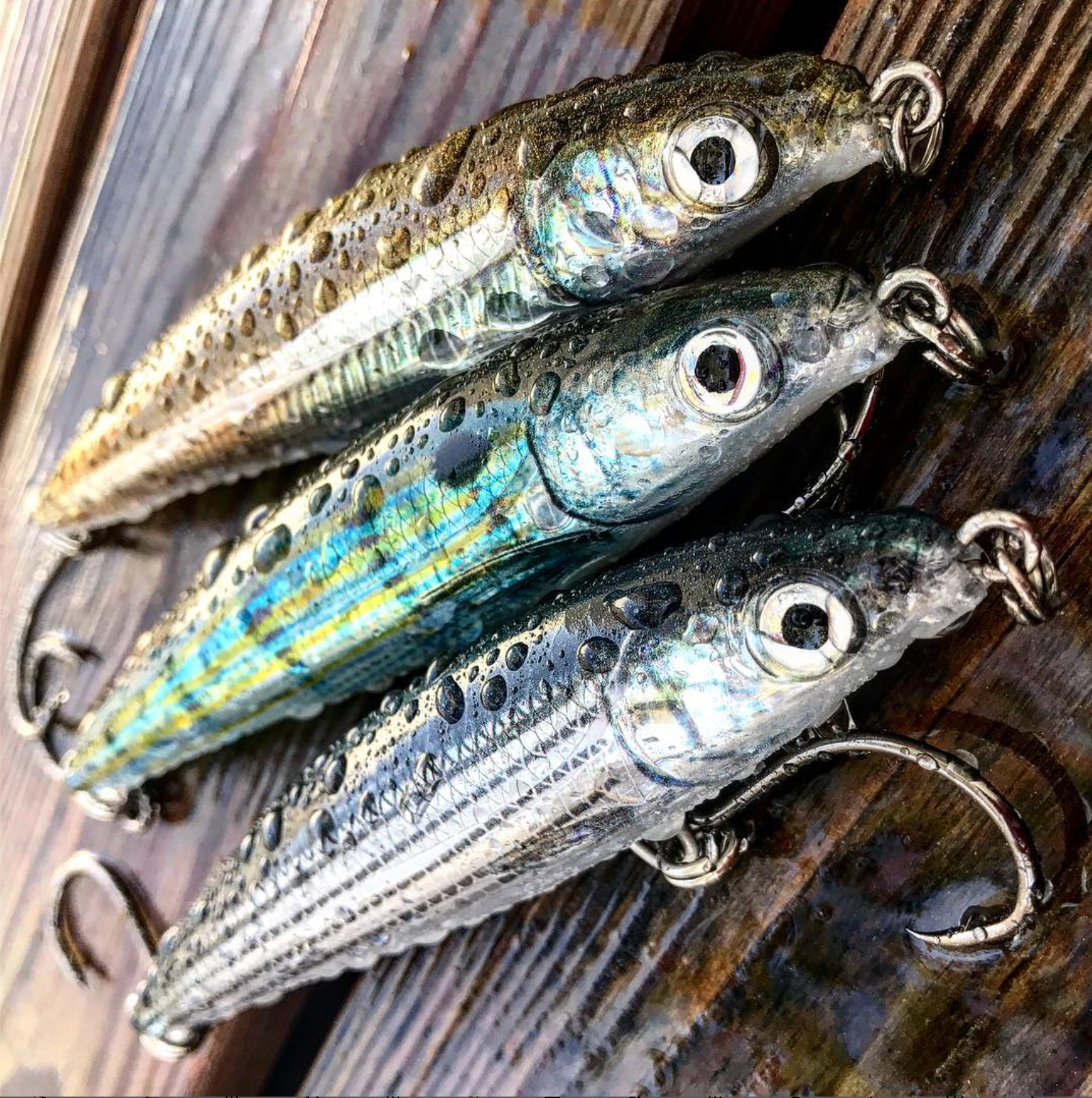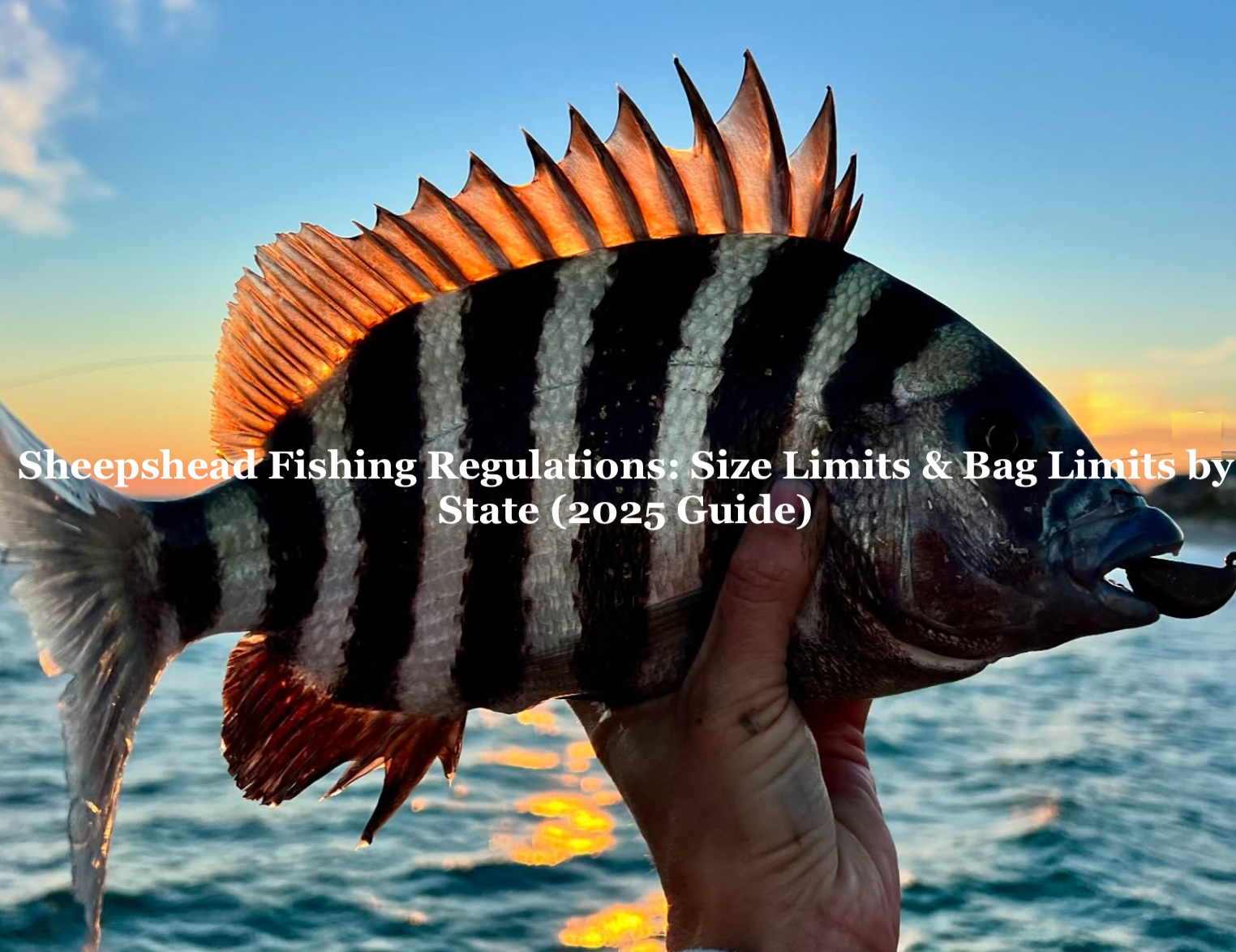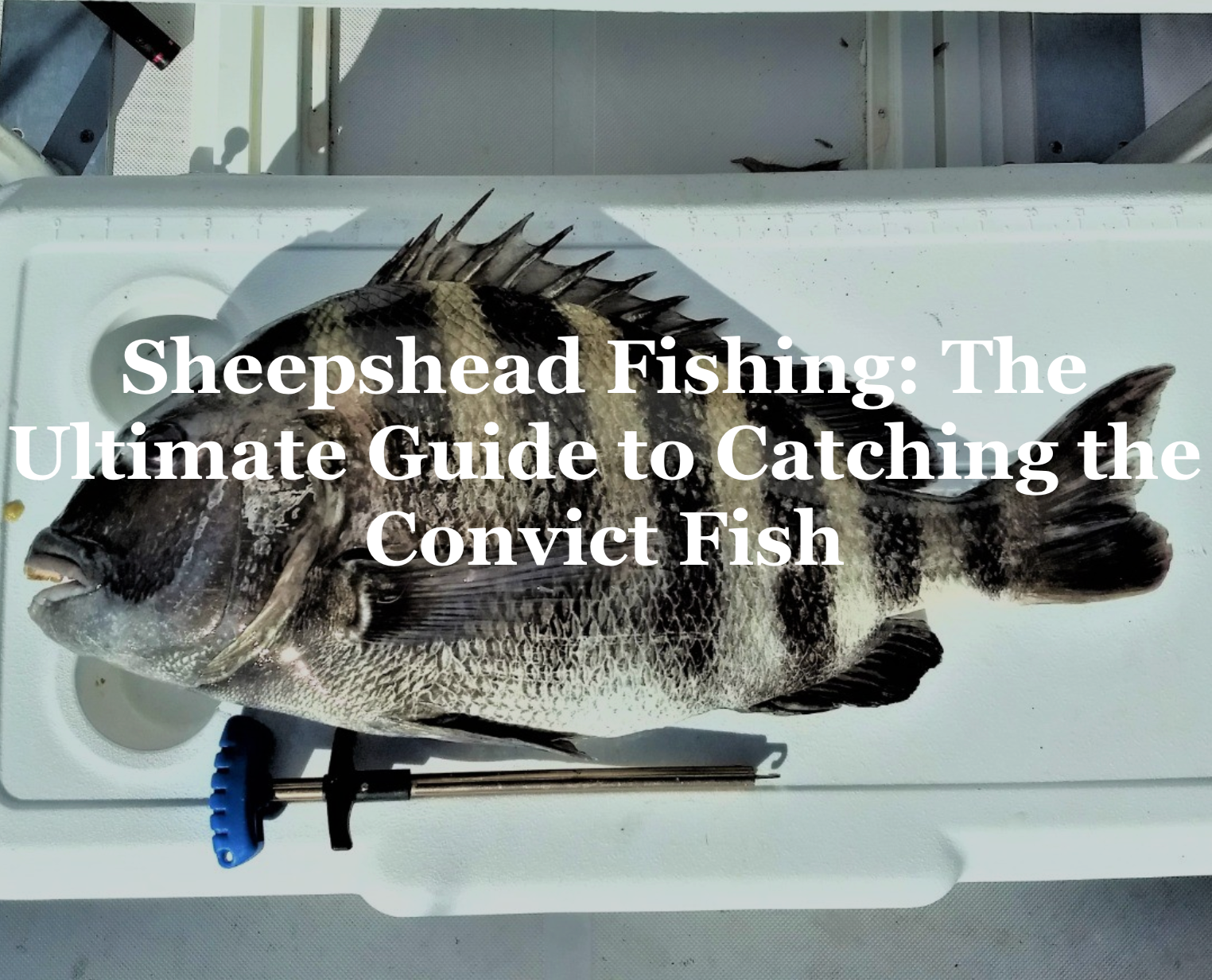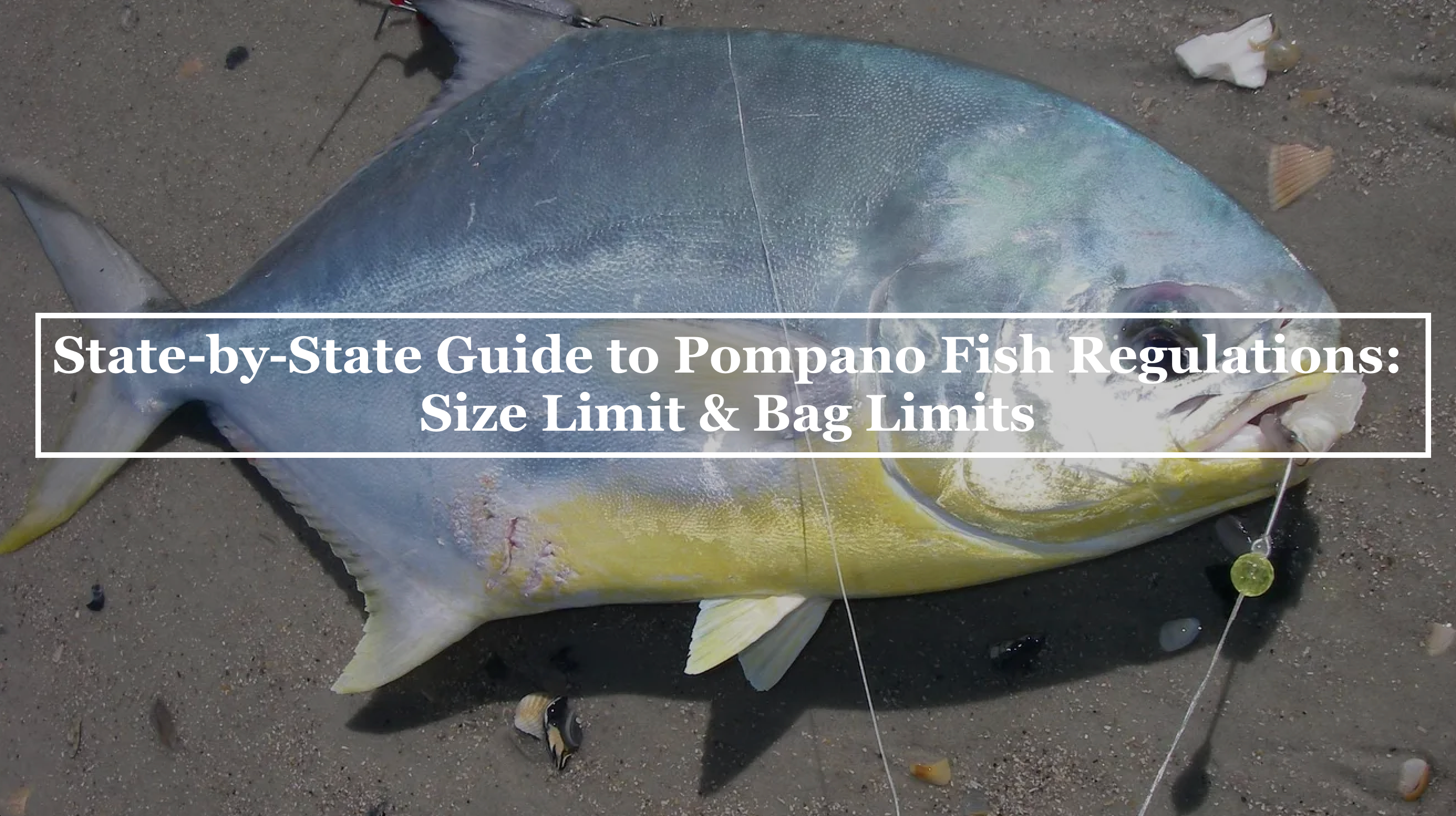Inline fishing hooks are transforming the angling world by offering a superior alternative to treble hooks on lures like crankbaits, topwater plugs, and spoons. Brands like Mustad, Owner, Gamakatsu, and VMC produce inline single hooks that enhance hookup ratios, reduce snagging, and promote fish safety, making them ideal for targeting species from bass to snook. This guide compares these four leading brands, explores their benefits, and provides practical tips for anglers in 2025. Whether fishing in a quiet lake, a rushing river, or a coastal bay, this resource will help you choose the best inline hooks to elevate your fishing experience.
Why Inline Hooks Are a Game-Changer

Inline fishing hooks are designed to replace treble hooks on hard lures, offering several advantages that make them a preferred choice for anglers across various fishing environments:
-
Superior Hookup Ratios: Unlike treble hooks, which can snag smaller fish or cause foul hooking, inline hooks feature a single, sharp point that slides into the fish’s jaw, ensuring secure hook sets. This is effective for larger species like bass, pike, or tarpon.
-
Reduced Snagging: Inline hooks are less likely to catch on underwater structures like weeds, rocks, or debris, common in lakes, rivers, and coastal waters. This reduces frustration and improves fishing efficiency.
-
Fish Safety and Conservation: Inline hooks are easier to remove, minimizing injury and stress, which supports catch-and-release practices. This aligns with sustainable fishing trends.
-
Enhanced Lure Action: Replacing bulky treble hooks with inline hooks maintains or improves lure action, ensuring natural movement. This is crucial for lures like crankbaits or jerkbaits.
-
Angler Safety: With fewer points than treble hooks, inline hooks reduce the risk of injury when handling lures or thrashing fish, a significant benefit for beginners.
-
Versatility: Inline hooks perform well in freshwater and saltwater, targeting species from trout to snook, making them suitable for diverse fishing scenarios.
These benefits make inline hooks a versatile and effective choice for anglers seeking to optimize catch rates while promoting sustainable practices.
Mustad Inline Hooks: Strengths and Limitations

Mustad’s Kaiju and Ruthless inline hooks are engineered for durability. The Kaiju series handles tough species like tarpon, while the Ruthless series uses AlphaPoint 4.8 Technology for a sharp, durable point. The Titan Steel finish provides over 500 hours of corrosion resistance.
|
Aspect |
Details |
|---|---|
|
Strength |
Heavy-duty construction for big fish like tarpon or muskie. |
|
Sharpness |
Ultrapoint and AlphaPoint ensure lasting sharpness. |
|
Wide Gap |
Improves hookup ratios on topwater lures and spoons. |
|
Flashy Finish |
Silver coating attracts fish in murky waters. |
|
Sizing Issues |
Hooks run larger, potentially unbalancing small lures. |
|
Availability |
Limited in local shops, often requiring online purchases. |
|
Weight Concerns |
Heavier hooks may affect suspending lures’ buoyancy. |
Best Use Case: Mustad hooks are ideal for targeting large, hard-mouthed fish in murky or heavy-cover conditions, where strength and flash are critical.
Owner Inline Hooks: Strengths and Limitations

Owner’s Single Replacement and Zo-Wire 3X hooks are celebrated for sharpness. The Single Replacement Hooks feature Owner’s Cutting Point for precise penetration, while Zo-Wire 3X uses stronger wire for better penetration and strength, suitable for striped bass or snook.
|
Aspect |
Details |
|---|---|
|
Sharpness |
Cutting Point ensures razor-sharp hooks for soft-mouthed fish. |
|
Consistent Sizing |
Sizes like 1/0 or 2 fit small lures without overpowering them. |
|
Availability |
Widely available at tackle shops and online. |
|
Cost |
Pricier, impacting budgets for frequent lure upgrades. |
|
Durability |
Light-wire models may bend on large fish, requiring heavier options. |
|
Less Flash |
Less reflective finish may reduce appeal in murky water. |
Best Use Case: Owner hooks excel in finesse fishing with smaller lures in clear water, targeting soft-mouthed species.
Gamakatsu Inline Hooks: Strengths and Limitations

Gamakatsu’s Single Lure Hook HD with Magic Eye is a 3X strong inline single hook designed for replacing factory treble hooks on plugs. It features the innovative Magic Eye, allowing quick attachment to split rings without tools, simplifying rigging. Tin-colored and forged, it’s built for bluewater and inshore fishing for species like tarpon, coral trout, and kingfish. Its super sharp conical point ensures fast penetration.
|
Aspect |
Details |
|---|---|
|
Strength |
3X strong rating for large fish like Tarpon or kingfish. |
|
Ease of Use |
Magic Eye feature for quick attachment to split rings. |
|
Sharpness |
Forged super sharp conical hook point for fast penetration. |
|
Versatility |
Suitable for poppers, stick baits, and trolling lures. |
|
Cost |
Premium pricing, reflecting quality and features. |
|
Availability |
Available at select tackle shops and online. |
Best Use Case: The Gamakatsu Single Lure Hook HD is ideal for anglers fishing bluewater or targeting large inshore species with plugs, where ease of rigging and strength are crucial.
VMC Inline Hooks: Strengths and Limitations

VMC’s ILS InLine Single Hook 4X is a robust choice for replacing treble hooks on larger lures, particularly in saltwater environments. Constructed from 4X strong, forged high-carbon steel with a coastal black finish, it offers superior corrosion resistance. The wide gap enhances hookup ratios, and the chemically sharpened point ensures quick penetration.
|
Aspect |
Details |
|---|---|
|
Strength |
4X strong, forged high-carbon steel for large game fish like tarpon or tuna. |
|
Durability |
Coastal black finish for excellent corrosion resistance in saltwater. |
|
Wide Gap |
Improves hookup ratios on larger lures. |
|
Sharpness |
Chemically sharpened for reliable hooksets. |
|
Availability |
Available at tackle shops and online, though specific models may vary. |
|
Cost |
Mid-range pricing, offering good value for strength and durability. |
Best Use Case: The VMC ILS InLine Single Hook 4X is perfect for saltwater anglers targeting large species with big lures, where exceptional strength and corrosion resistance are essential.
Choosing the Right Inline Hook

Selecting among Mustad, Owner, Gamakatsu, and VMC depends on your fishing style, target species, and conditions:
-
Mustad Kaiju and Ruthless: Choose for heavy-duty fishing targeting large, hard-mouthed fish like tarpon or muskie in murky waters or heavy cover. Best for larger lures like 4-inch topwater plugs.
-
Owner Single Replacement and Zo-Wire 3X: Opt for finesse fishing with smaller lures (e.g., 3-inch crankbaits) in clear water, targeting soft-mouthed species like trout.
-
Gamakatsu Single Lure Hook HD: Select for its 3X strength and easy rigging with Magic Eye, ideal for large fish on plugs in bluewater or inshore settings.
-
VMC ILS InLine Single 4X: Choose for its exceptional 4X strength and saltwater corrosion resistance, perfect for large game fish with big lures.
Considerations:
-
Lure Size: Use 1/0 or 2/0 for smaller lures, 3/0 or larger for bigger baits.
-
Water Conditions: Mustad’s flash suits murky waters; Owner and Gamakatsu excel in clear conditions; VMC is versatile.
-
Budget: VMC and Mustad are mid-range ($$), Owner and Gamakatsu are premium ($$$).
-
Target Species: Mustad and VMC for hard-mouthed fish; Owner and Gamakatsu for soft-mouthed species.
Comparison Table:
|
Brand |
Model |
Sharpness |
Strength |
Sizing Consistency |
Price Range |
Best For |
|---|---|---|---|---|---|---|
|
Mustad |
Kaiju, Ruthless |
High |
Very High |
Inconsistent |
$$ |
Big fish, murky water |
|
Owner |
Single Replacement, Zo-Wire 3X |
Very High |
High (3X) |
Consistent |
$$$ |
Finesse, clear water |
|
Gamakatsu |
Single Lure Hook HD (Magic Eye 3X) |
Very High |
High (3X) |
Consistent |
$$$ |
Large fish, easy rigging |
|
VMC |
ILS InLine Single 4X |
High |
Very High (4X) |
Consistent |
$$ |
Saltwater, large game |
For beginners, test all four brands with a mix of sizes (e.g., Mustad 2/0, Owner 1/0, Gamakatsu 3/0, VMC 1/0) to find the best fit. Angler feedback on The Fisherman praises Gamakatsu for sharpness and VMC for value.
Practical Tips for Using Inline Hooks

-
Check Sharpness: Drag the hook across your fingernail; it should dig in. Sharpen with a file or replace dull hooks.
-
Hook Orientation: Position front hooks forward and rear hooks rearward to optimize lure action.
-
Use Split Rings: Attach hooks with split rings for better movement, avoiding tight tolerances.
-
Match Conditions: Mustad’s flash for murky water; Owner and Gamakatsu for clear water; VMC for versatility.
-
Experiment with Lures: Test hooks on plugs, spoons, and crankbaits to find optimal combinations.
-
Maintenance: Rinse hooks after saltwater use to prevent corrosion.
Safety and Conservation
-
Angler Safety: Wear gloves when swapping hooks and use pliers to attach split rings. Store hooks in a Plano Z-Series tackle box.
-
Fish Conservation: Use barbless inline hooks or crimp barbs for easier removal, supporting sustainable fishing.
Troubleshooting
-
Missed Hooksets: Ensure hooks are sharp and sized correctly. Check Mustad for oversized hooks.
-
Lure Imbalance: Use lighter Owner or VMC hooks or adjust split rings to restore balance.
-
Hook Bending: Upgrade to heavier-gauge hooks (e.g., VMC ILS 4X or Mustad Kaiju) for large fish.
-
Snagging: Align hook points properly and consider barbless options.
FAQ: Inline Fishing Hooks

What size inline hook should I use?
Use 1/0 or 2/0 for smaller lures (3-inch plugs), 3/0 or larger for bigger baits (4-5 inch spoons).
Are inline hooks better than treble hooks?
Research suggests inline hooks likely reduce snags, improve hookups, and promote fish safety.
Which brand is best?
Mustad for strength, Owner and Gamakatsu for sharpness, VMC for affordability. Choose based on needs.
How do I safely handle inline hooks?
Use pliers and store in a secure tackle box. Wear gloves to avoid pricks (Angling Active).
Inline Hooks Conclusion

Inline fishing hooks from Mustad, Owner, Gamakatsu, and VMC offer distinct advantages for anglers. Mustad’s strength, Owner’s precision, Gamakatsu’s easy rigging, and VMC’s durability provide options for every fishing style. By matching hook size, checking sharpness, and prioritizing safety, anglers can maximize catch rates while supporting sustainability. Experiment with these brands and share your experiences in the comments. Visit TacklePier for more gear tips!






Share:
Pompano Rig for Surf Fishing - The Double Dropper Rig
Fish Finder Rig Guide: Best Bottom Fishing Tips